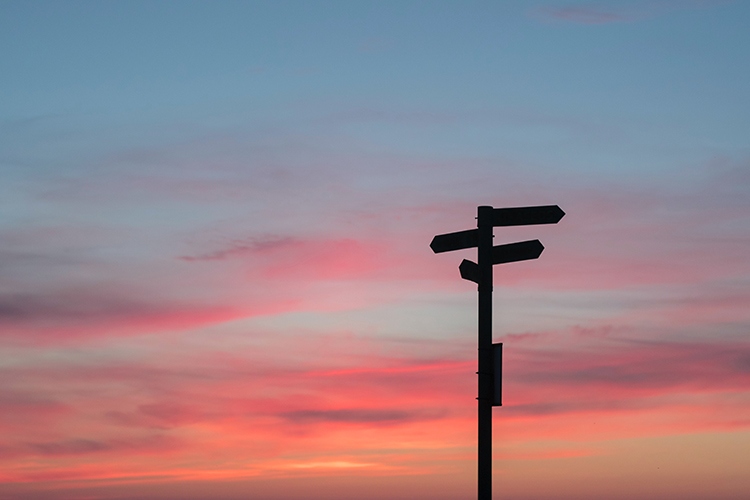
Futures
Call for Submissions
closing 30.09.2020
Cities have been continuously (re)produced by overlapping transitions. Palimpsests on which future visions are written over their scriptio inferior, cities are made and remade through transformations of their political, physical, and socio-economic structures. Wars, pandemics, migration flows, technological revolutions, new commercial routes, ideological and political shifts, have been the drivers for rapid transitions into new urban futures, futures that shaped present realities and past memories.
COVID-19 has shone a light on critical systems and life-supporting functions of cities today: food supply chains, healthcare infrastructure, communication and information channels, social welfare and community support networks, secure and affordable housing, broadband coverage, public transport services. As lockdown, social distancing, and quarantine measures were enforced across the world, the impact of COVID-19 revealed some long-established and deep-rooted injustices of urban societies: for many there was no home to “stay at home” in, for many more in overcrowded housing there was little space to self-isolate, there was no distance to keep in overcrowded buses and trains for those who cannot work from home, no broadband and no laptops to study online and connect with friends and relatives, no gardens and no balconies to be outside. These fundamental inequalities call for urgent action.
Urbanism is marked with visions for new cities, for new ways of life, for better futures. But ways of life themselves have been the harbingers of these futures: from ideological manifestos to science fiction movies, our culture and our politics have never ceased to imagine what a future city could be, should be. What are the futures that the emerging cultures and ideological battles of today are tracing?
If COVID-19 is a driver for a transition into a new urban future, what will it look like? What can we learn from all those past futures that transformed our cities? And how can we plan for a just transition?
The journal is calling for submissions that critically assess and creatively re-imagine those futures, as much contained in our cities’ histories as in our present longing for a better tomorrow.
Deadline for submissions: 30 September 2020, 23:59 London time
Beyond the traditional text-based article format we publish work in a variety of formats and media, bringing together theory and practice in a creative, analytical, and critical discourse on the city: Short Articles, Long Articles, Letters from the City, Urban Design Projects and Proposals, Urban Interventions, Mapping and Urban Visualisations, Drawing, Photography, Short Film.
Guidelines for submissions:
https://journal.urbantranscripts.org/submissions/
+
Image notes: Photo by Javier Allegue Barros on Unsplash
Volume 3, No. 2 June 2020
